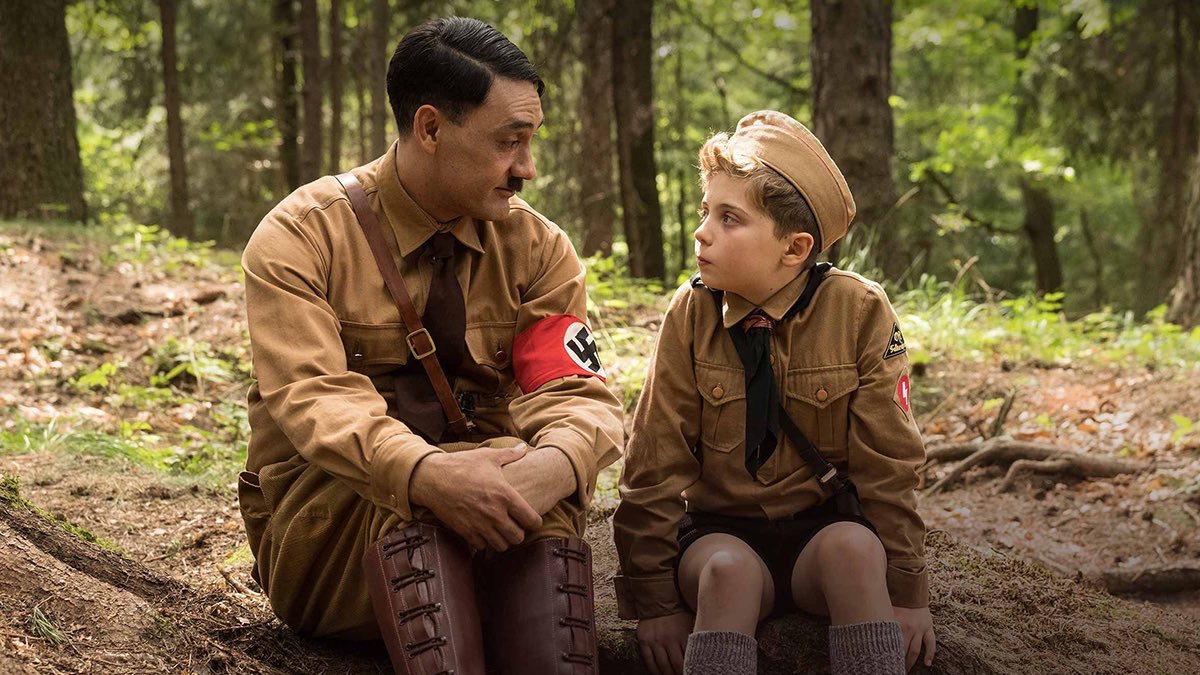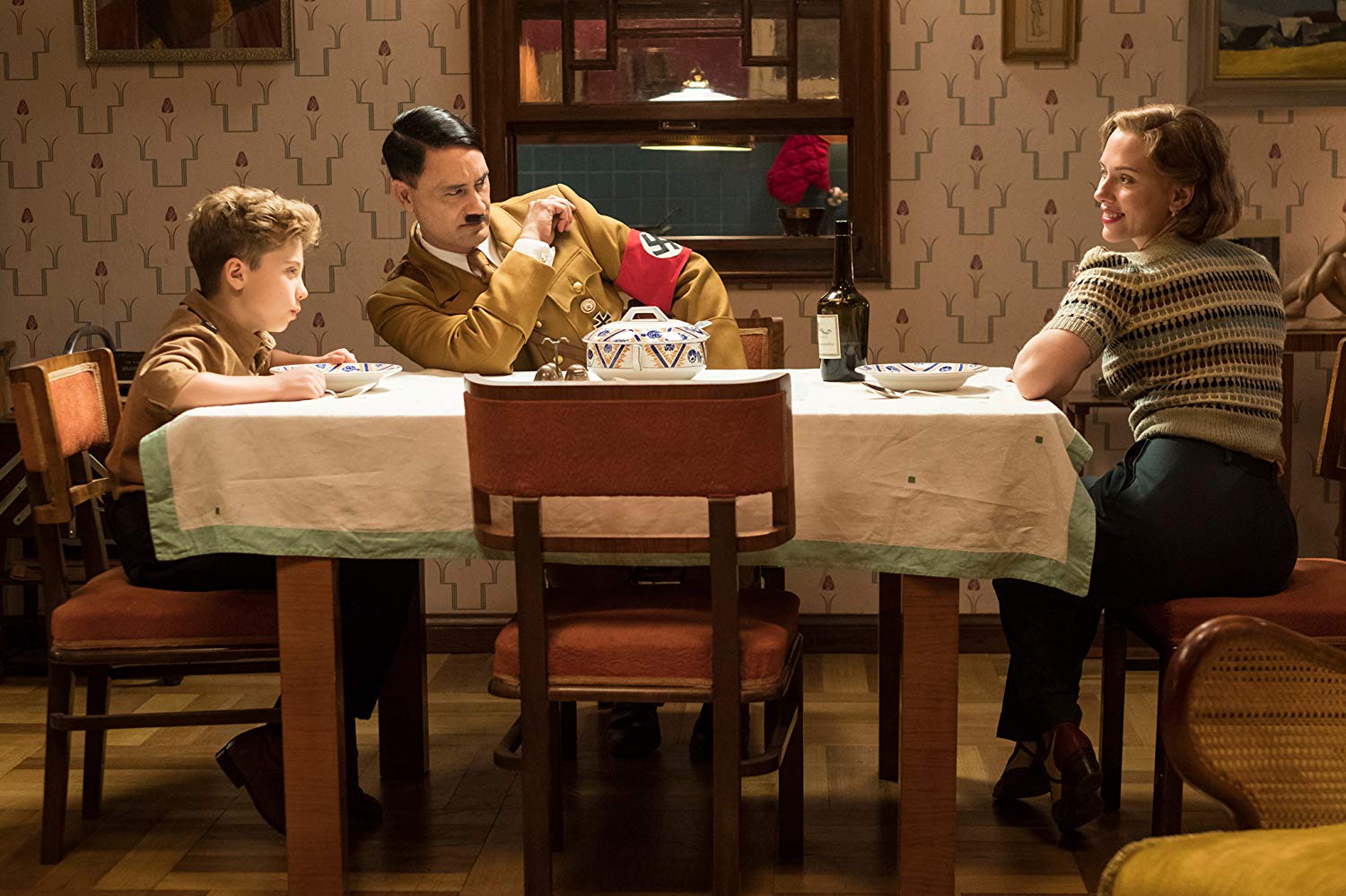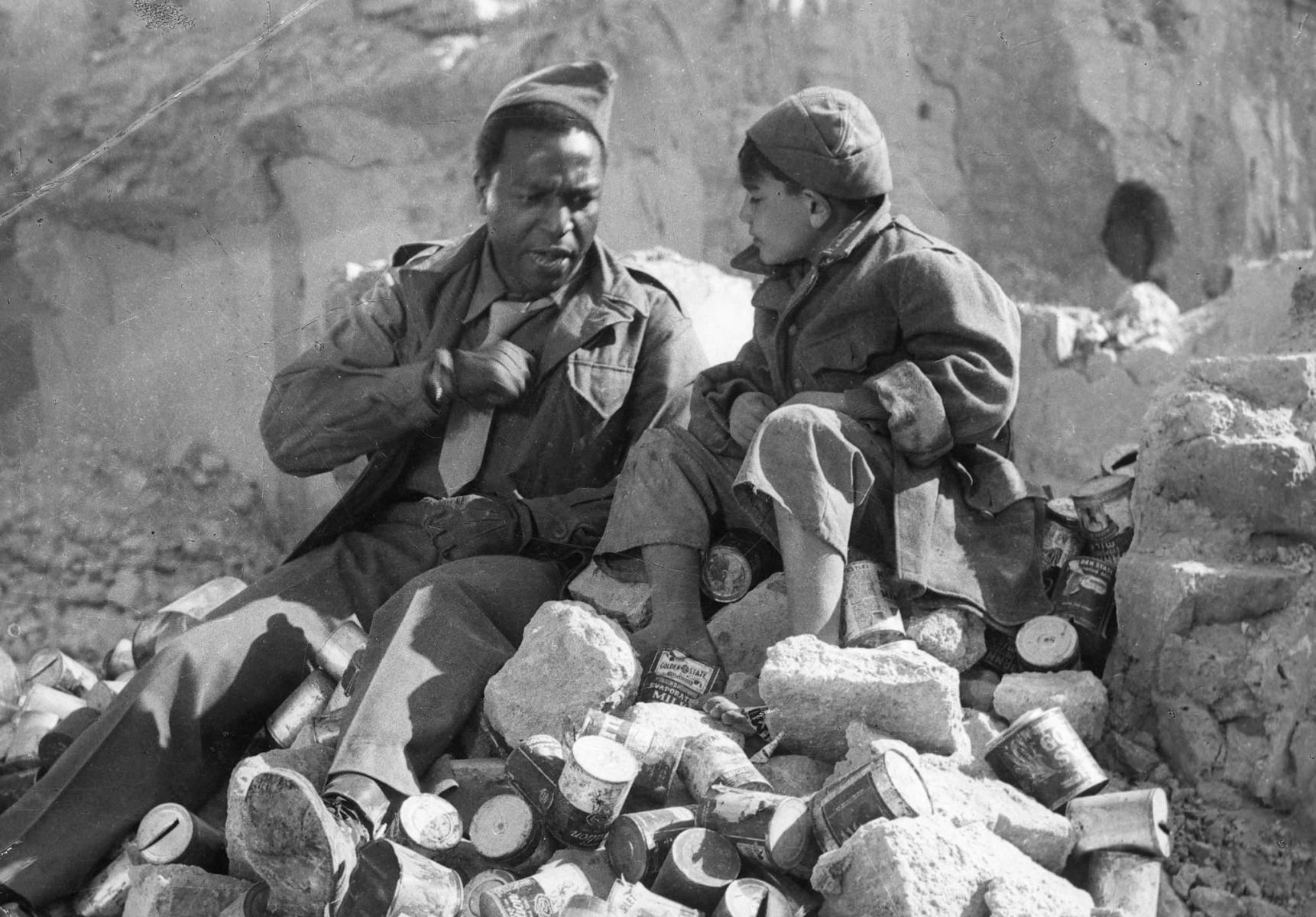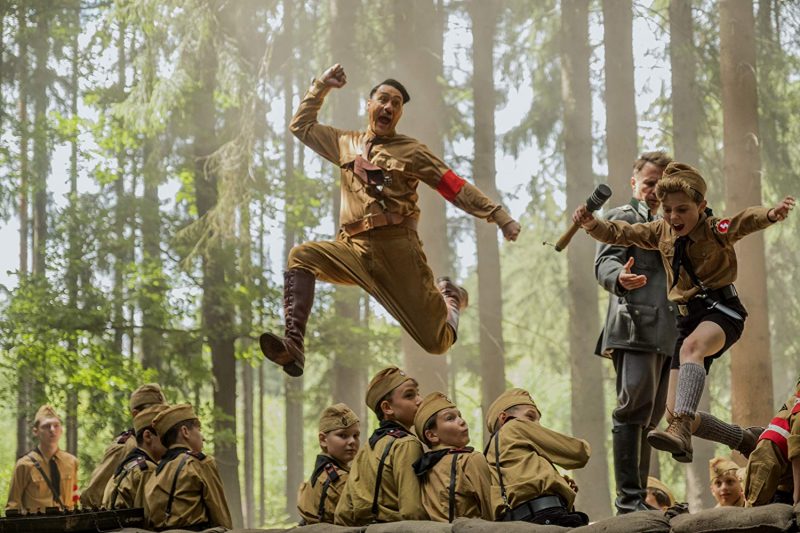Let’s discuss “Jojo Rabbit” for a moment. Taika Waititi’s latest film, which I had the opportunity to watch as part of Filmekimi, is perhaps the best film I watched in 2019. The director, who started his ascent with “What We Do in the Shadows,” continued to rise with his film “Thor,” which some consider to be one of Marvel’s most enjoyable movies. A director with a highly energetic and entertaining personality, Waititi solidified the cinematic language he initiated with “Jojo Rabbit.” He enjoys poking fun at reality, and this time, he made a mockery of World War II. However, it’s not all laughs this time.
In a nutshell, let’s touch upon the plot. The film is set during the most heated days of World War II, and the war is nearing its end. It’s clear that one side will win, and it won’t be Germany. Meanwhile, life for Germans inside the country is as sweet as cotton candy. They go about their lives while also continuing to train new soldiers for the army. On the other hand, they are hanging the rebels they capture. In this charming atmosphere, young Jojo is about to go to a camp for his first military training. His dream is to become Hitler’s personal guard and protect the Führer at all costs. He even has an imaginary Führer. However, what he envisions as a “soldier” is different from what he encounters in the camp. Likewise, what he’s been taught about Jews won’t match what he sees.
Taika Waititi enjoys taking classic stories and ridiculing them through absurdity. He has become one of the most successful directors in recent years, both technically and in terms of screenwriting. He wields a strong pen and is a great raconteur. He successfully captures the audience’s attention with his humor. While “What We Do in the Shadows” is an outright comedy, the same cannot be said for “Jojo Rabbit.” It is a film in which I found myself laughing heartily at many moments, but it also has a dark side. This time, the director beautifully blends comedy and sadness within the film. Adapted from Christine Leunens’ novel, the film is, at least in my opinion, a masterpiece containing profound dialogues.

If we look at the film from the perspective of a 10-year-old boy’s dream of becoming a soldier, we might be missing the point. Despite being 10 years old, the film actually tells the story of one of humanity’s most significant problems, a problem we still grapple with today: a relentless monster that haunts us. It is not the Nazis, of course. It’s the story of a jacket that was forced upon you at a young age, a jacket that has caused us great harm. A jacket that has led to the shedding of countless innocent blood even today. The name of that jacket is Ideology.
Jojo is one of the captives of the dominant Ideology imposed by Hitler on the country from a young age. I say captive because he is unaware of what he’s doing. All he knows is that he has to implement what he’s been taught verbatim. Everyone believes in it, everyone follows it. At a young age, he’s been made an enemy of the “Jewish” concept without knowing what it is. He’s afraid of something he’s never seen, he hates it, and he’s ready to kill it when he encounters it. This reminded me of the story of a fellow actor. He came from a village where the theater was derogatorily referred to as a “brothel,” and he eventually came to Istanbul. He coincidentally went to the theater and realized that it wasn’t what he had been told it was. He now plays small roles on TV. Imagine that he could hold prejudiced beliefs against “theater” despite being in the entertainment industry himself.
Ideology. Throughout the film, Adolf, whom Jojo encounters, represents the embodiment of this Ideology. Jojo clings to the Ideology he’s been taught whenever he finds himself in trouble; he takes advice from it and links the continuation of his existence to this imaginary character. Adolf personifies the indoctrination. He’s the seed of hypocrisy that resides within all of us. No matter how much we know the truth, the moment you step into the back room, a manipulator emerges before you. You’ve experienced it; you know it. The reason he is sympathetic is not because the film is a comedy; it’s because it has to reach a 10-year-old child. The Hitler he’s been taught isn’t a genocidal leader; he’s portrayed as a hero who loves his homeland and cares about his children’s future.
Throughout the film, Jojo adheres to whatever he’s been taught. He’s trapped within a system that dictates what kind of person he should be. In his conversations with Elsa and his mother, he always mentions what he’s learned at school. Because, as I said, he is just a 10-year-old child. What makes us who we are is the education and the things we see during our childhood. Jojo is so eager to learn that he even believes Elsa’s made-up nonsense about Jews. He is open to research and learning; he is curious. He needs enlightenment. He needs to fill in the gaps in his mind. Because being a child means learning. However, the learning aspect is problematic in this film. As his mother says, he’s carrying the burden of a war at an age when he should be climbing trees.
Although the film is set in 1945, it still holds its relevance in today’s world. War is still a part of our lives. And war is still being taught to us as a reason for our existence; it is being imposed on us. In truth, Jojo is not a coward. It’s just that the ideological jacket he’s been made to wear is too big for him. All the paths established at the beginning of the film converge when the war reaches their doorstep. In fact, everything was leading to that war. When the war comes knocking, Jojo can’t bear the weight of the jacket imposed on him. The scene where Rebel Wilson sends her children one by one to the battlefield during the war is pregnant with a magnificent interpretation. It was my starting point as well. This is how Ideology operates. It never truly lets you go; it fights against you in the depths of your mind until the very end. It compels you to believe in it.
When Jojo goes to the battlefield wearing the jacket imposed on him, he realizes that the dream he had been cherishing his whole life is, in fact, a nightmare. In reality, many people around him were aware that it was a nightmare, but they had to conform. The character is portrayed by Sam Rockwell, for instance. Throughout the film, he behaves as if he might slip up and speak the truth at any moment, but he continues to fulfill his duty and adhere to the rules. We also see what happens to those who do not comply with the rules.

Few people desire to go to war again after they’ve witnessed it. But some people can’t learn without experiencing it. Jojo needed to live through it. Those who are fixated on ideologies that incite the uproar of war are usually the first ones to flee when their “dreams” come knocking. It’s probably easy to hang and slaughter animals in a lush green forest, to chant war cries, to strangle a defenseless creature. Just like saving the country on social media. However, when someone like you, wearing the same jacket, stands before you, when death is truly at your doorstep, most of you won’t be able to stand behind your Ideology. This doesn’t make you a coward, like Jojo. Jojo is not a coward, either. It just makes you a deceived individual.
You’re not a Nazi, Jojo. You’re a ten-year-old kid who likes dressing up in a funny uniform and wants to be part of a club.
We witness in the film how an entire Germany was lulled to sleep by the thoughts of one man, how seeds were sown in them with these thoughts from an early age. Taika Waititi tells this story with his own humor, but what he tells is so piercing. Especially the sentences he constructs in Elsa’s conversations with Jojo are like a slap in the face.
Societies that don’t think, that don’t question, who cling to an ideology and follow it unconditionally, lead themselves to destruction. “Jojo Rabbit” tells, in an absurd yet equally poignant manner, the story of this Ideology, the savage creature, and the individuals who created it and the individuals who woke up to it. Life’s joys, a pleasurable and often humorous existence, are replaced by war. And then we will realize that what we laughed at was actually a deception.
I would like to conclude my writing with a still from one of Roberto Rossellini’s famous films, “Paisan.”


Cast & Crew
director: Taika Waititi
writers: Taika Waititi
starring: Roman Griffin Davis, Thomasin McKenzie, Scarlett Johansson, Taika Waititi, Sam Rockwell, Rebel Wilson, Alfie Allen
USA – NEW ZELAND – CZECHIA | 2019 | 108 MINUTES |
